Malaysian Prime Minister Anwar Ibrahim's visit to China reflects the desire to strengthen comprehensive bilateral relations, especially in economics and trade.
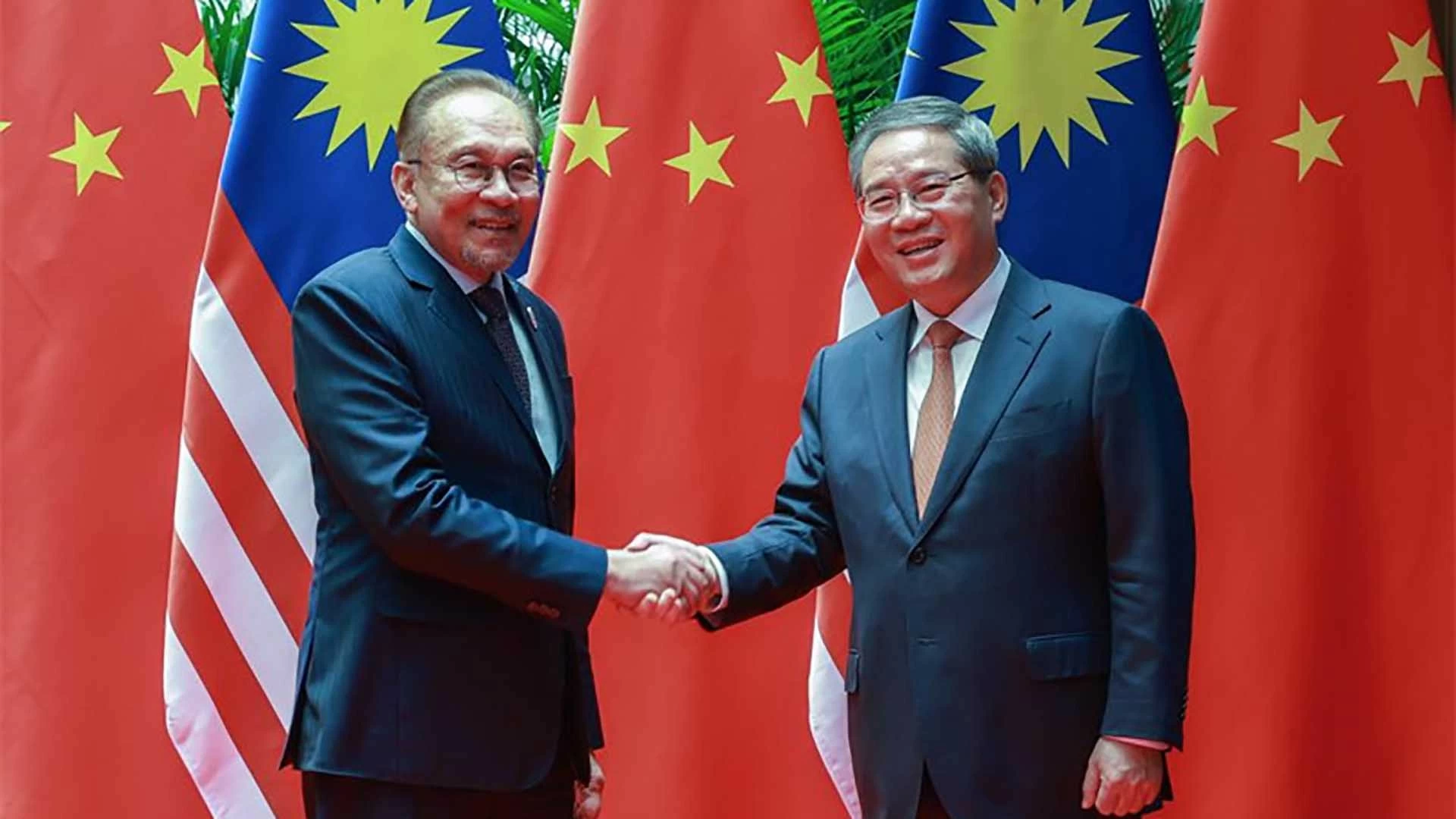 |
| Chinese Premier Li Qiang and his Malaysian counterpart Anwar Ibrahim in Shanghai, November 5. (Source: Xinhua News Agency). |
During his working visit to China from November 4-7, Malaysian Prime Minister Anwar Ibrahim met with host Prime Minister Li Qiang and attended the 7th China International Import Expo (CIIE) in Shanghai.
Economics is the beginning of the story
This is the Malaysian leader's third visit to China in his two years in power, with previous visits taking place in March and September last year.
Notably, just two months ago, Malaysian King Sultan Ibrahim visited Beijing to meet with President Xi Jinping. These visits were not only to mark the 50th anniversary of the establishment of diplomatic relations between the two countries (1974-2024), but also to reflect the desire to strengthen bilateral relations from both sides, despite differences on issues.
South China Sea. Most recently, on October 17, Prime Minister Anwar Ibrahim told the Malaysian Parliament that Malaysia’s energy giant Petronas will continue to conduct oil and gas exploration activities in waters under national sovereignty; this is not intended to be provocative or hostile to any country.
Mr. Ge Hongliang, Deputy Director of the School of ASEAN Studies, Guangxi University for Nationalities, commented that the priority in the Malaysian Prime Minister's agenda this time is economic cooperation and investment. This comment is well-founded if looking at the composition of the delegation, the schedule and the content of the discussions with Mr. Anwar Ibrahim. Accompanying him are a series of key officials in the fields of diplomacy and economics such as Foreign Minister Mohamad Hassan, Minister of Planning, Trade and Industry Tengku Zafrul Abdul Aziz and Minister of Manpower Steven Sim Chee Keong.
In addition, in addition to meeting with the host leader, the Malaysian Prime Minister attended and delivered an important speech at CIIE, where 68 domestic enterprises had booths. He emphasized that Malaysia supports President Xi Jinping's "community of shared future" initiative, affirming that this vision has pushed Malaysia to become part of the BRICS group of emerging economies.
Kuala Lumpur’s push for economic cooperation with Beijing is understandable, as China has been Malaysia’s largest trading partner for the past 15 years. In 2023, bilateral trade reached $95.47 billion, accounting for 17.1% of Malaysia’s global trade.
Remove the blockage
This wish was realized by the Malaysian Prime Minister during a meeting with his host counterpart in Shanghai. Here, he emphasized the strong relationship with China, and affirmed that Kuala Lumpur is ready to cooperate deeply with Beijing in implementing projects within the framework of the Belt and Road, promoting trade, especially agricultural and Halal products. He stated that Malaysia is willing to learn from China how to eliminate poverty, improve people's lives and promote sustainable development.
On the international front, the Malaysian Prime Minister supports China’s entry into the Comprehensive and Progressive Agreement for Trans-Pacific Partnership (CPTPP). At the same time, as the Chair of the Association of Southeast Asian Nations (ASEAN) next year, Kuala Lumpur will coordinate with Beijing to address regional and international issues of mutual concern.
Commenting that bilateral relations have “entered a new phase”, host country Prime Minister Li Qiang affirmed that China is ready to cooperate with Malaysia to realize the commitments of the two countries' senior leaders.
Stressing that Beijing supports Kuala Lumpur's core interests and top concerns, the Chinese premier proposed that the two countries jointly guide development strategies, share governance experience and enhance cooperation in various fields.
High-level strategic cooperation will be key to promoting modernization in both China and Malaysia, according to Premier Li Qiang.
In particular, the Chinese leader urged Malaysia to accelerate flagship projects such as the East Coast Rail Link (ECRL) and the Malaysia-China “Two Industrial Parks, Two Countries” and expand cooperation in emerging areas. The ECRL was a “bottleneck” in 2018, when then-Malaysian Prime Minister Mohamad Mahathir suspended the project, only to resume in mid-2019 after the parties renegotiated the construction costs.
On international issues, Premier Li Qiang stressed that he would support Malaysia in assuming the ASEAN Chairmanship next year. Beijing will work with Kuala Lumpur to promote regional cooperation mechanisms to promote economic integration and peaceful development in Asia. The two leaders witnessed the signing ceremony and exchanged minutes related to the BRI project and the two countries' media groups.
Prime Minister Anwar Ibrahim affirmed: “There are some issues between us, but they do not affect bilateral relations, trade relations and close friendship with neighboring countries.” His recent visit to China is a clear demonstration of that statement.
Source: https://baoquocte.vn/malaysia-trung-quoc-that-chat-tinh-than-292871.html










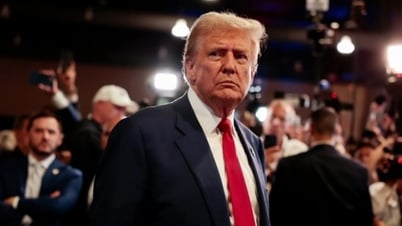
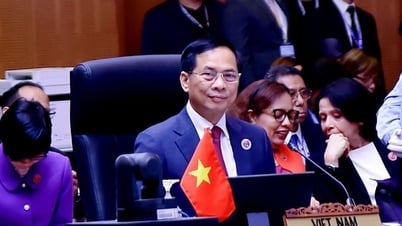

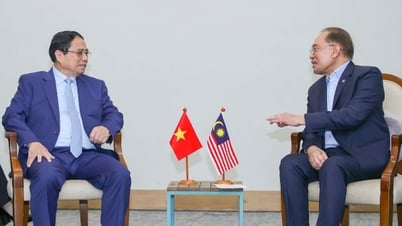




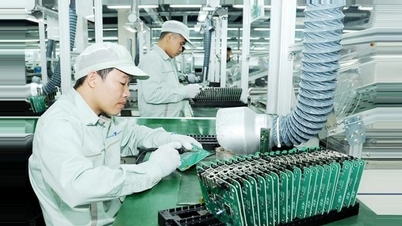










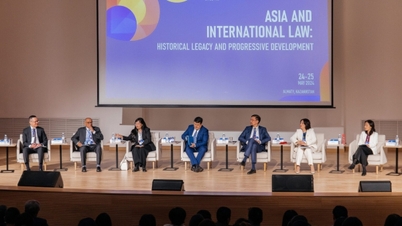
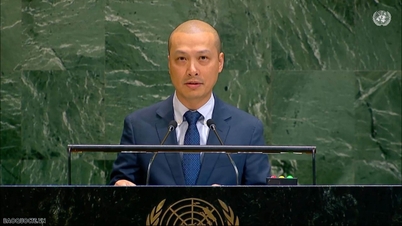
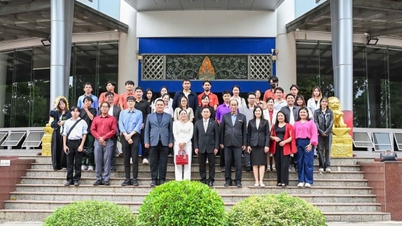

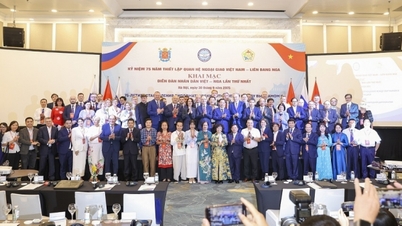
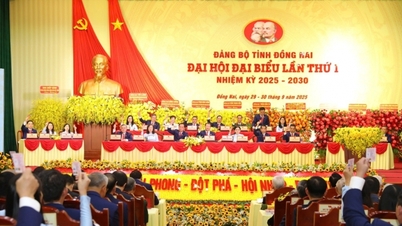





































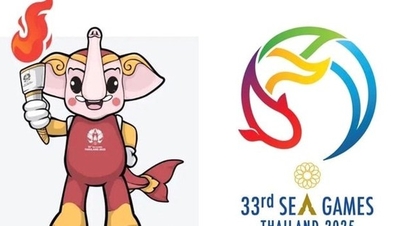


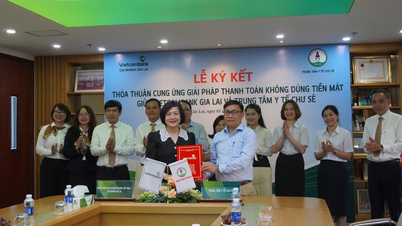

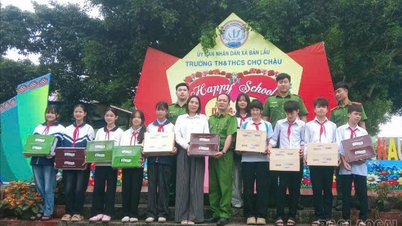

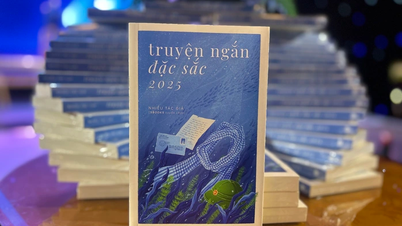


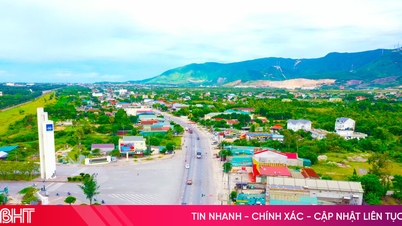

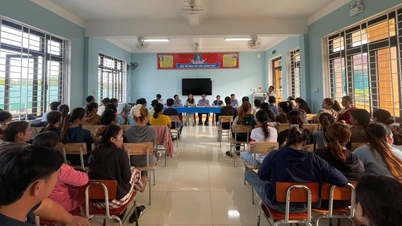














Comment (0)